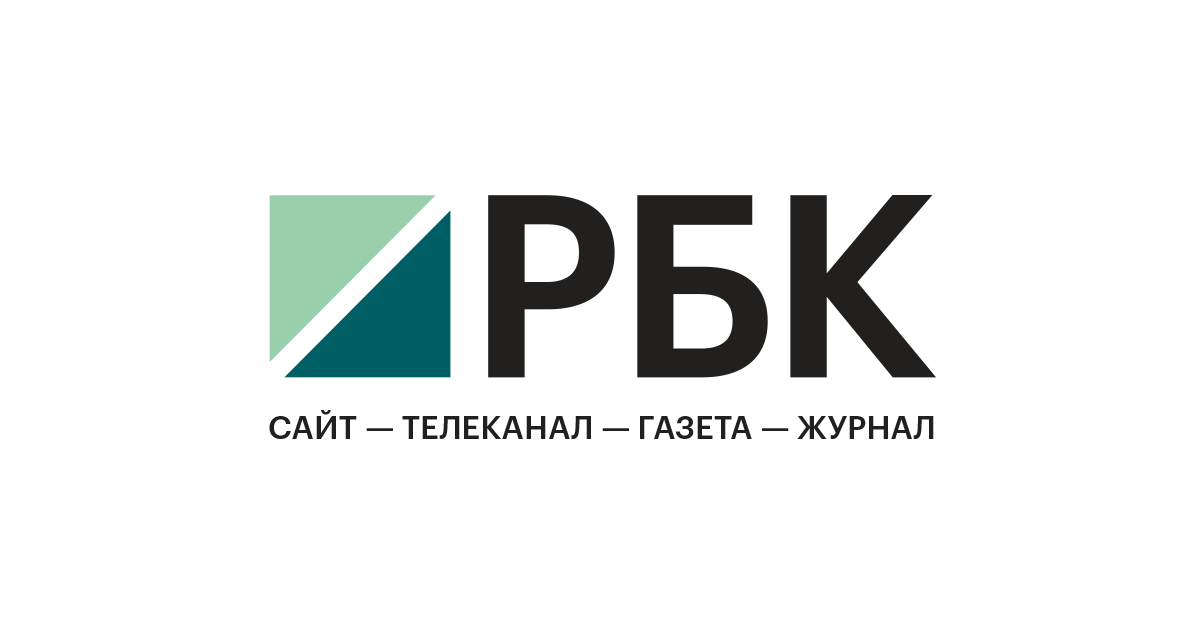The Rising Tide of Data Breach Penalties: A New Era of Accountability
November 29, 2024, 4:50 pm
In the digital age, data is the new gold. But with great wealth comes great responsibility. Recent developments in Russia highlight a growing trend: the tightening of regulations surrounding data breaches. As companies scramble to protect their digital assets, the stakes have never been higher. The Russian government has taken a bold step, raising penalties for data leaks to a staggering 3% of a company's revenue or up to 500 million rubles. This shift aims to instill a sense of urgency in businesses, compelling them to prioritize data security.
In 2023, Russia's Roskomnadzor reported 168 data breaches affecting 300 million records from major players like Sberbank and MTS Bank. The response from the courts was lukewarm, with fines totaling nearly 5 million rubles. However, the recent legislative changes signal a departure from this leniency. The government has recognized that small fines do little to deter negligence. Companies like Yandex.Eda, which faced a mere 60,000 ruble penalty for a significant data leak, illustrate the problem. The new regulations aim to make companies feel the financial impact of their security failures.
The rationale behind these increased penalties is twofold. First, the sheer volume of data breaches is alarming. In 2024 alone, over 1 billion records have been compromised, with one incident alone accounting for 500 million. The personal information of 80% of Russians—names, ages, emails, phone numbers, and even bank details—lies exposed online. Second, the previous fines were insufficient to motivate companies to invest in robust security measures. By tying penalties to revenue, the government hopes to create a financial incentive for businesses to bolster their defenses.
The implications of these changes are profound. An estimated one-third of companies in Russia will be affected. For executives, the stakes are even higher. They face personal fines of up to 2 million rubles for repeat offenses. This creates a culture of accountability, where leaders must prioritize data security or face severe consequences.
But why are data breaches on the rise? Four key factors contribute to this troubling trend. First, the increasing number of software vulnerabilities, exacerbated by sanctions, has left many applications outdated and exposed. Second, hackers are employing more sophisticated tactics, from ransomware to phishing schemes. Third, many companies remain indifferent to security, with a third of organizations failing to address vulnerabilities even after a breach. Finally, a lack of awareness among business owners about the risks associated with handling sensitive information compounds the problem.
So, what can companies do to safeguard their applications and protect user data? The first step is to thoroughly vet partner services before integration. A recent incident involving Burger King illustrates the risks. Hackers breached a marketing platform, compromising the data of 6 million customers. This highlights the importance of ensuring that third-party services meet stringent security standards.
Next, companies should regularly assess existing integrations. This includes checking for software updates and ensuring compliance with security protocols. If a business relies on foreign services, the challenge becomes more complex, as these providers may be less forthcoming about their security practices.
Conducting a comprehensive audit of the application is also crucial. This involves evaluating the codebase, data storage methods, and compliance with security standards. Regular audits can identify vulnerabilities before they are exploited.
Moreover, companies should not place the entire burden of security on developers. Business owners must take an active role in shaping security policies and procedures. This includes implementing automated data loss prevention systems and providing cybersecurity training for employees.
The cost of neglecting data security is steep. The financial repercussions of a breach can far exceed the expenses associated with preventive measures. By investing in security now, companies can avoid the crippling fines that come with data breaches.
In the United States, a similar trend is emerging. Companies are increasingly held accountable for data breaches, with regulators imposing hefty fines for negligence. The Federal Trade Commission (FTC) has ramped up enforcement actions against companies that fail to protect consumer data. This shift reflects a growing recognition that data security is not just a technical issue but a fundamental business responsibility.
As the landscape of data protection evolves, businesses must adapt. The consequences of inaction are clear. Companies that fail to prioritize data security risk not only financial penalties but also reputational damage. In a world where trust is paramount, safeguarding customer data is essential for long-term success.
In conclusion, the tightening of data breach penalties in Russia serves as a wake-up call for businesses worldwide. The message is clear: data security is no longer optional. Companies must take proactive steps to protect their digital assets or face the consequences. As the tide of accountability rises, those who fail to adapt will find themselves drowning in a sea of penalties and lost trust. The time to act is now.
In 2023, Russia's Roskomnadzor reported 168 data breaches affecting 300 million records from major players like Sberbank and MTS Bank. The response from the courts was lukewarm, with fines totaling nearly 5 million rubles. However, the recent legislative changes signal a departure from this leniency. The government has recognized that small fines do little to deter negligence. Companies like Yandex.Eda, which faced a mere 60,000 ruble penalty for a significant data leak, illustrate the problem. The new regulations aim to make companies feel the financial impact of their security failures.
The rationale behind these increased penalties is twofold. First, the sheer volume of data breaches is alarming. In 2024 alone, over 1 billion records have been compromised, with one incident alone accounting for 500 million. The personal information of 80% of Russians—names, ages, emails, phone numbers, and even bank details—lies exposed online. Second, the previous fines were insufficient to motivate companies to invest in robust security measures. By tying penalties to revenue, the government hopes to create a financial incentive for businesses to bolster their defenses.
The implications of these changes are profound. An estimated one-third of companies in Russia will be affected. For executives, the stakes are even higher. They face personal fines of up to 2 million rubles for repeat offenses. This creates a culture of accountability, where leaders must prioritize data security or face severe consequences.
But why are data breaches on the rise? Four key factors contribute to this troubling trend. First, the increasing number of software vulnerabilities, exacerbated by sanctions, has left many applications outdated and exposed. Second, hackers are employing more sophisticated tactics, from ransomware to phishing schemes. Third, many companies remain indifferent to security, with a third of organizations failing to address vulnerabilities even after a breach. Finally, a lack of awareness among business owners about the risks associated with handling sensitive information compounds the problem.
So, what can companies do to safeguard their applications and protect user data? The first step is to thoroughly vet partner services before integration. A recent incident involving Burger King illustrates the risks. Hackers breached a marketing platform, compromising the data of 6 million customers. This highlights the importance of ensuring that third-party services meet stringent security standards.
Next, companies should regularly assess existing integrations. This includes checking for software updates and ensuring compliance with security protocols. If a business relies on foreign services, the challenge becomes more complex, as these providers may be less forthcoming about their security practices.
Conducting a comprehensive audit of the application is also crucial. This involves evaluating the codebase, data storage methods, and compliance with security standards. Regular audits can identify vulnerabilities before they are exploited.
Moreover, companies should not place the entire burden of security on developers. Business owners must take an active role in shaping security policies and procedures. This includes implementing automated data loss prevention systems and providing cybersecurity training for employees.
The cost of neglecting data security is steep. The financial repercussions of a breach can far exceed the expenses associated with preventive measures. By investing in security now, companies can avoid the crippling fines that come with data breaches.
In the United States, a similar trend is emerging. Companies are increasingly held accountable for data breaches, with regulators imposing hefty fines for negligence. The Federal Trade Commission (FTC) has ramped up enforcement actions against companies that fail to protect consumer data. This shift reflects a growing recognition that data security is not just a technical issue but a fundamental business responsibility.
As the landscape of data protection evolves, businesses must adapt. The consequences of inaction are clear. Companies that fail to prioritize data security risk not only financial penalties but also reputational damage. In a world where trust is paramount, safeguarding customer data is essential for long-term success.
In conclusion, the tightening of data breach penalties in Russia serves as a wake-up call for businesses worldwide. The message is clear: data security is no longer optional. Companies must take proactive steps to protect their digital assets or face the consequences. As the tide of accountability rises, those who fail to adapt will find themselves drowning in a sea of penalties and lost trust. The time to act is now.

